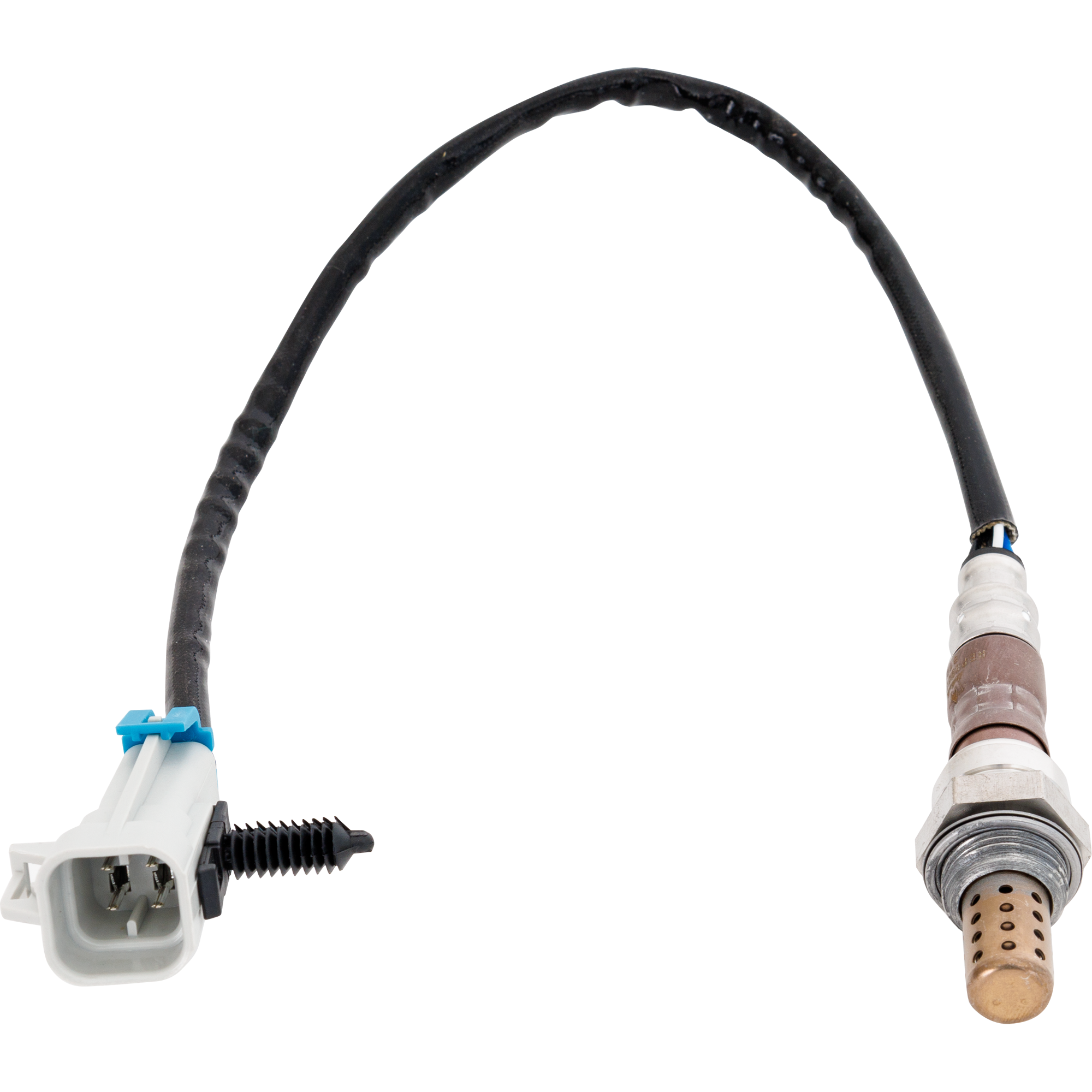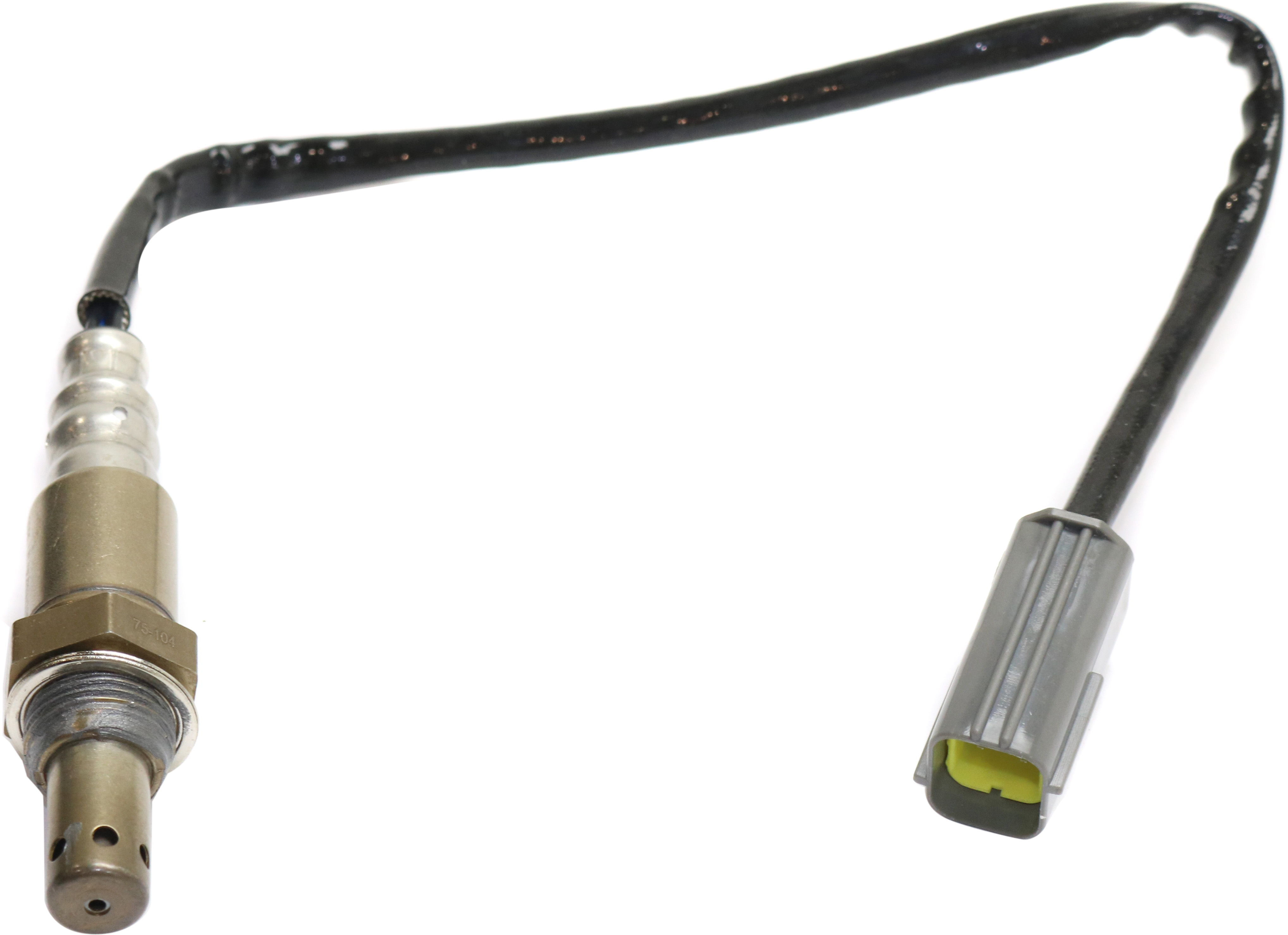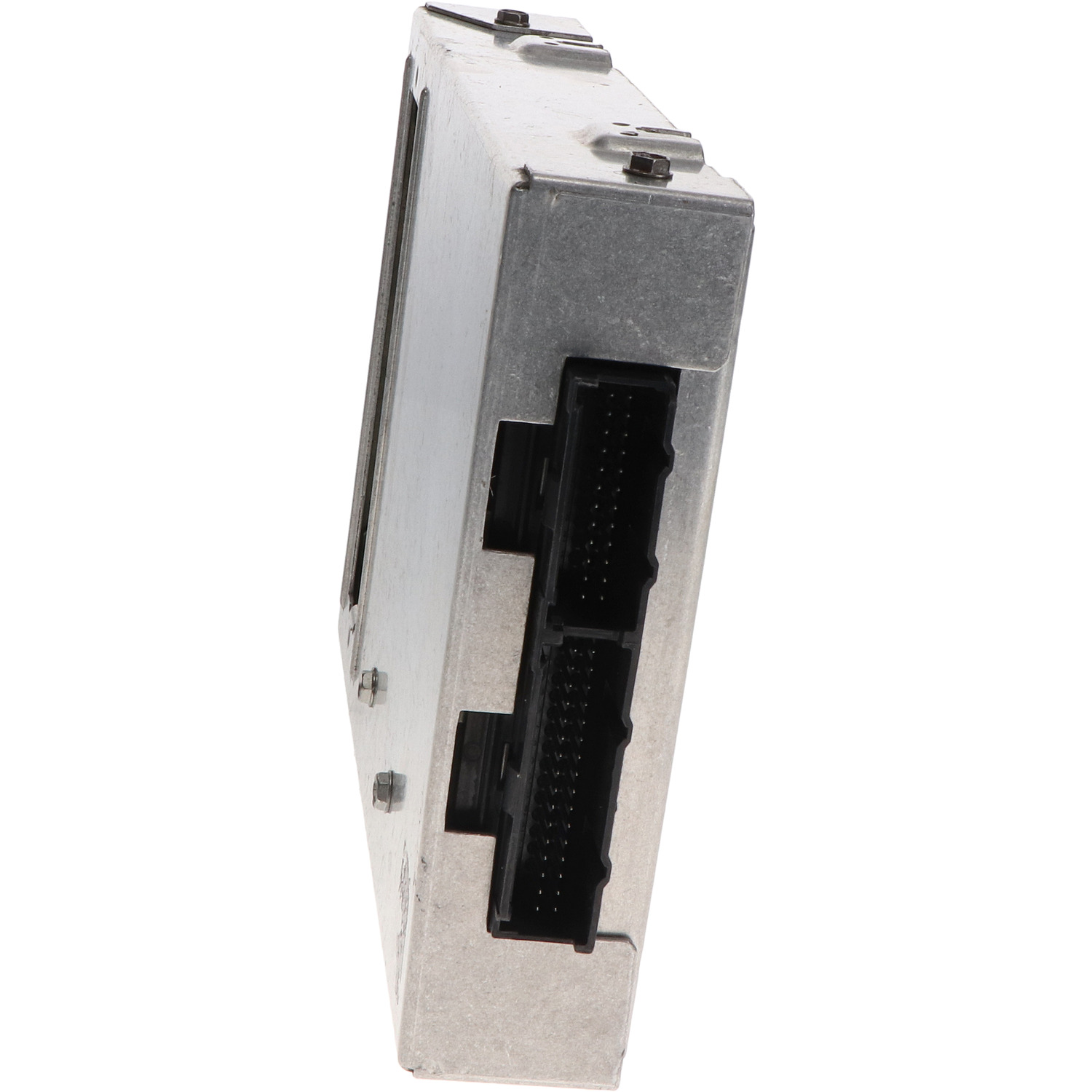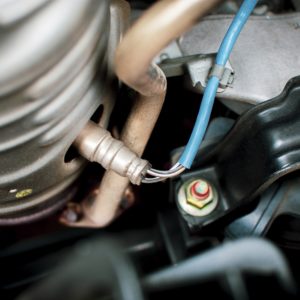Dealing with the P0159 code can be intimidating, especially if it’s your first time encountering it. However, the first step to fixing codes like this is finding out what they mean. Learn more about the P0159, its causes, and potential symptoms with this brief guide.
What Does the P0159 Code Mean?
Diagnostic trouble code (DTC) P0159 stands for “O2 Sensor Circuit Slow Response.” This code sets when the oxygen sensor doesn’t perform as expected after a set amount of time.

The oxygen (O2) sensor is responsible for measuring the oxygen levels in the exhaust gasses as they leave the engine after the combustion process. The data gathered by the oxygen sensor helps the PCM maintain optimal engine performance and good fuel economy. When the PCM detects that the oxygen sensor has failed or if the information it receives from the oxygen sensor does not match the expected values, it sets the P0159 code.
Note: The definition of code P0159 might be different depending on the vehicle manufacturer. Consult the appropriate repair manual or repair database for the exact code definition.
What are the Common Causes of the P0159 Code?
Like other DTCs, the P0159 has various possible causes. Below are some of the most common causes of the P0159 code:
- Exhaust leak
- Oxygen sensor failure
- PCM failure
- Wiring issue
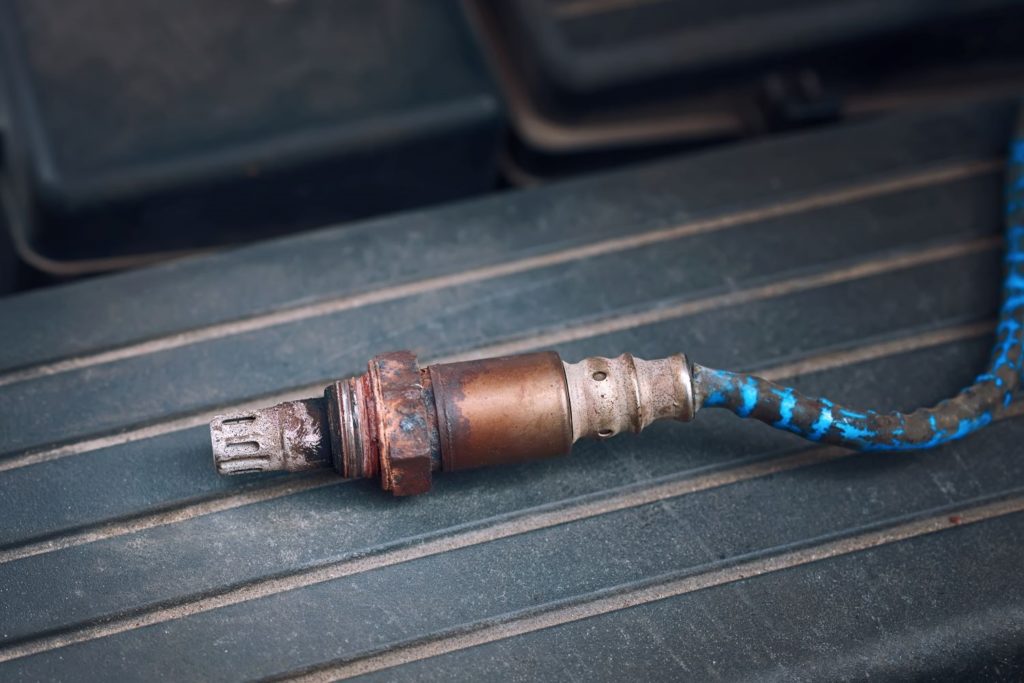
What are the Common Symptoms of the P0159 Code?
Some DTCs might exhibit symptoms, while others do not. Below are some of the most common symptoms you may encounter when dealing with the P0159 code:
- Illuminated malfunction indicator lamp or check engine lamp
- Decreased engine performance
- Increased fuel consumption
How to Diagnose the P0159 Code
Different trouble codes can share the same symptoms, potential causes, and even areas of concern. This is why fixing DTCs can be very tricky. The most important thing to do before you even attempt any repairs or replace any parts is to find out what the root cause is. To do that, you need to thoroughly examine and troubleshoot the issue.
There are a lot of resources available if you want to know more about how the diagnostic and repair procedures for the P0159 code goes.

How to Fix the P0159 Code
As mentioned above, trouble codes can have multiple possible causes, each with its own set of possible solutions. In addition, repair procedures differ depending on the vehicle’s manufacturer. This is why there’s no single solution for all trouble codes. A solution to the P0159 in a Nissan might not be able to fix the P0159 in a Hyundai.
That said, not everyone has access to the specialized tools and repair know-how needed to diagnose and fix DTCs like the P0159. If you’re not confident in your automotive know-how, it’s best to have a certified mechanic do the job for you so you can avoid severe problems and costly repairs later on.

Fix the P0159 Trouble Code with the Right Parts
If the P0159 code has set in your vehicle, it’s probably because of a faulty O2 sensor. This is an important sensor that helps the engine run efficiently by determining the right air-fuel ratio. Ignoring this issue might cause the engine to run rough. More importantly, you might end up wasting fuel and damaging engine components. The good thing is you can get a replacement O2 sensor here at CarParts.com.
When it comes to getting parts to fix trouble codes like the P0159 code, CarParts.com has got your back. We offer a wide variety of components for all sorts of makes and models from the most trustworthy aftermarket manufacturers. Our parts are made in high-tech manufacturing facilities to the precise specifications of the original part, so you know they’re going to fit. Also, all our products are covered by a 60 day return policy for your peace of mind.
Fix your car’s P0159 code by getting replacement components like O2 sensors here at CarParts.com today!
Shop this Project



Any information provided on this Website is for informational purposes only and is not intended to replace consultation with a professional mechanic. The accuracy and timeliness of the information may change from the time of publication.


